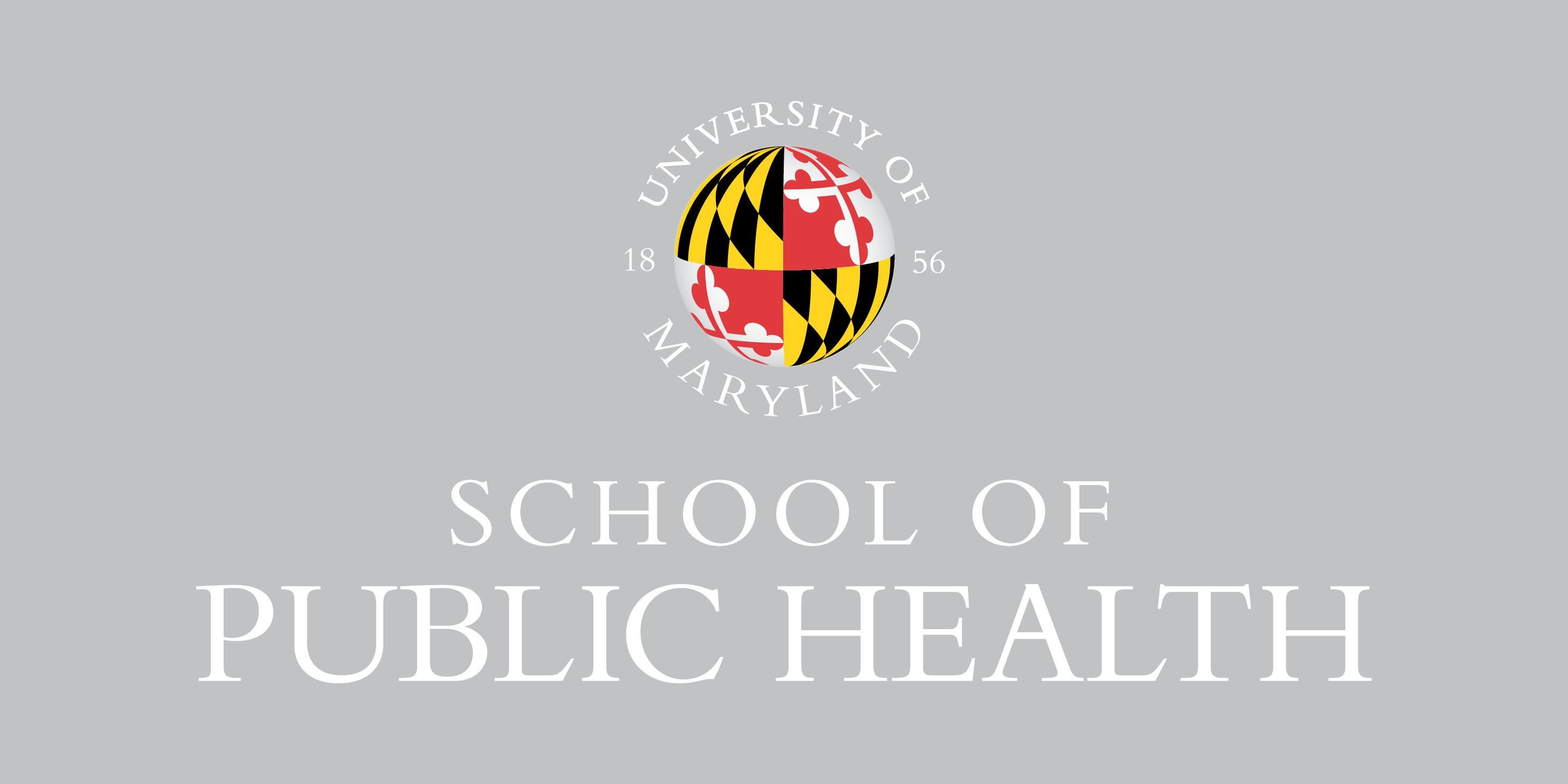
Lesbian, gay and bisexual youth are nearly 2.5 times more likely to end up in foster care - and stay there - than their heterosexual peers, according to new research from the University of Maryland School of Public Health. The study, published in the journal Child Abuse & Neglect, is the first to document this concerning trend using data representing the entire United States.
Sexual minority youth are more likely to end up in foster care because of the parental rejection many experience when coming out. Unfortunately, these alternative housing options may also be ill-prepared to support them.
“Research from other scholars suggests that sexual minority youth experience discrimination from foster care parents, siblings, and staff,” explains Dr. Jessica Fish, an assistant professor of family science. “Therefore, a system that is designed to protect children may actually continue to harm them.”
Because people are coming out at younger ages than in the past, contemporary youth may be more vulnerable to parental rejection and being displaced from their homes.
Dr. Fish and her colleagues from the University of Texas at Austin, University of Groningen (Netherlands) and University of Iowa analyzed data from multiple longitudinal surveys on child health conducted via the US Department of Health and Human Services, including one that is specific to children and families already involved with Child Protective Services.
Although the surveys did not collect information about gender identity, they did ask questions about sexual orientation and housing.
Their analysis provides evidence that sexual minority youth are significantly overrepresented in the child welfare system across the United States (4.31 percent of sexual minority youth reported foster care involvement compared to 1.86 percent of heterosexual youth).
Their findings also suggest that sexual minority youth are more likely to remain in the child welfare system than their heterosexual counterparts.
The researchers suggest this may be because once removed from their unsafe homes, sexual minority youth are less likely to get reunified with their families and also face lower chances of being adopted.
These data, coupled with other research that reveals the poor treatment experienced by sexual minority youth in foster care, could help inform changes to improve how the child welfare system addresses the unique needs of the LGBTQ youth population.
The researchers spotlight that reunification, usually a common goal for children removed from their families by Child Protective Services, may not be safe or feasible for some sexual minority youth.
They underline the critical need for education and training, not only for child welfare professionals but also for families, so supportive placement and reunification can become safe and viable possibilities.
The study’s findings are significant, especially given efforts to limit LGBTQ couples and individuals from adopting or foster-parenting.
For example, the U.S. Department of Health and Human Services recently granted a federally-funded foster care agency in South Carolina a waiver to refuse to place children with same-sex or non-Christian couples.
“The South Carolina waiver, although it pertains to foster parents, leads us to believe that LGBTQ youth are not receiving equitable treatment within the foster care system,” Dr. Fish explains. “This sets a dangerous precedent, and doesn’t reflect the reality that we have a lot of sexual minority people involved in the foster care system.”
The study, “Are Sexual Minority Youth Overrepresented in Foster Care, Child Welfare, and Out-of-Home Placement? Findings from Nationally Representative Data,” was co-authored by Drs. Jessica N. Fish, Laura Baams, Armeda Stevenson Wojciak, and Stephen T. Russell.
This study was funded in part by grants from the National Institute on Alcohol Abuse and Alcoholism and the Eunice Kennedy Shriver National Institute of Child Health and Human Development. Dr. Stephen Russell acknowledges support from the Priscilla Pond Flawn Endowment at the University of Texas at Austin and Baams from the Communities for Just Schools Fund.